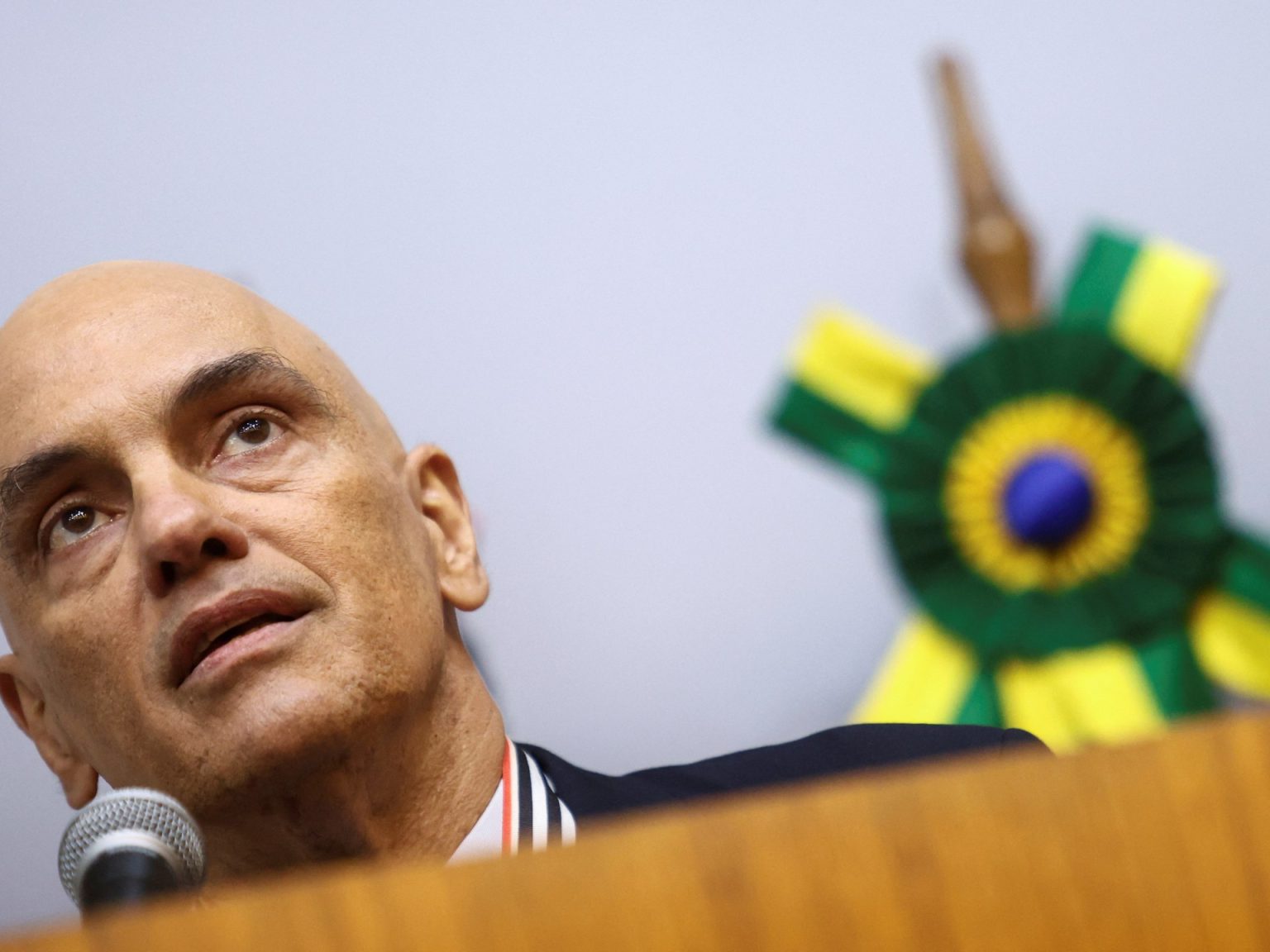The decision to block X in Brazil comes after a long-standing feud between Supreme Court Justice Alexandre de Moraes and X’s owner Elon Musk over issues of censorship and disinformation. Moraes ordered the suspension of X after the platform failed to appoint a legal representative in the country. This led to three of Brazil’s top telecommunications carriers beginning to block access to the platform. Moraes has accused Musk of allowing the spread of fake news, hate speech, and attacks on the democratic rule of law by refusing to comply with court orders to block certain accounts. The judge referred to Musk as an “outlaw” who was violating the free choice of the electorate by keeping voters away from accurate information.
Approximately 40 million Brazilians who use X will lose access to the platform as a result of the judge’s order, and could face hefty fines if caught trying to access it through encrypted connections. Musk responded to the court’s decision by calling Moraes an “evil dictator” and accusing him of shutting down the “#1 source of truth in Brazil”. The ruling is expected to have a significant impact on X as it could lose one of its largest markets at a time when the platform is already struggling with advertising revenue. While X was still accessible in Brazil as of late Friday, some users reported that their access was already being blocked on other platforms.
Left-leaning President Luiz Inacio Lula da Silva supported the court’s decision to suspend X, stating that no amount of money allows a company to disrespect Brazilian laws. Lula criticized Musk, who is an American citizen, for his actions and said that he cannot offend the country’s leaders and institutions. Musk has received support from conservative supporters of former President Jair Bolsonaro, who believe that Lula’s government has silenced them. The media has labeled Musk as a polarizing figure, often aligning himself with right-wing governments as seen in his support of Prime Minister Narendra Modi’s order to take down posts related to a farmers’ protest in India.
Musk’s satellite internet company Starlink has also faced challenges in Brazil, with the Supreme Court freezing its bank accounts due to X’s unpaid fines. Starlink requested the court to suspend this decision but was dismissed. It remains unclear how long X’s suspension in Brazil will last, with some experts predicting that Musk may eventually agree to government restrictions while portraying himself as a victim. The situation highlights the increasing tension between tech giants like Musk and judicial bodies in countries where they operate, as questions of censorship, disinformation, and free speech continue to be debated.
Overall, the dispute between Elon Musk and Brazilian authorities over X’s suspension underscores the complex dynamics between technology companies and government regulations. The case in Brazil reflects broader global concerns surrounding social media platforms, misinformation, and the limits of free speech in the digital age. The outcome of this conflict may have far-reaching implications not only for X and its users in Brazil but also for how tech giants navigate legal and ethical challenges in various countries around the world. Musk’s response to the situation will likely continue to be closely monitored by media experts, policymakers, and the public as debates on online freedom and accountability evolve.


